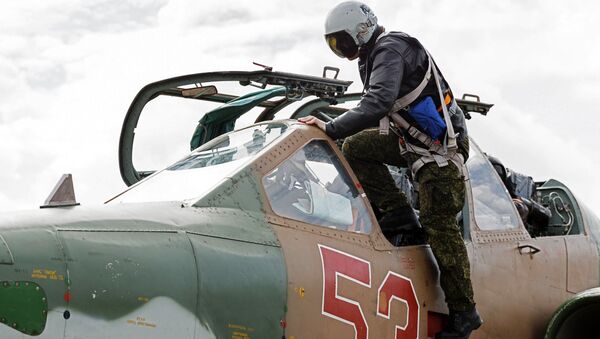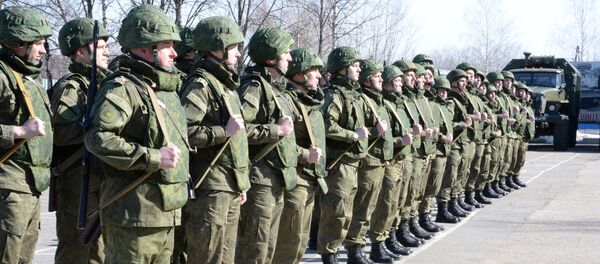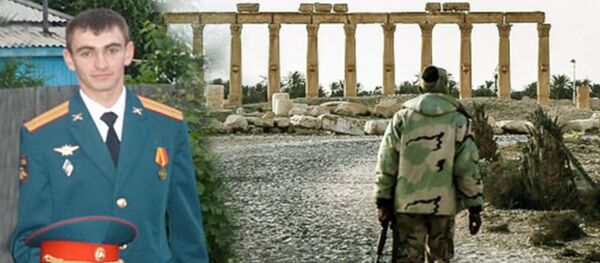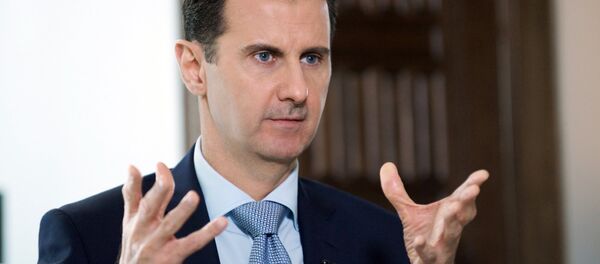The liberation of Palmyra, Milhazes writes, "was not only an important victory on the ground against Daesh, but also intended to show the world that Russia, in a few months' time, was capable of solving a problem that the so-called West once created in the first place, and has since been unable to resolve for years."
"In such situations," the Portuguese journalist noted, "the Russians are quick to think up jokes, the latter reflecting well the mood prevailing in Russia after the latest military success: 'The Russian defense minister comes into Vladimir Putin's office and solemnly reports. 'Mr. President, our troops have taken Alaska and Ukraine'. Putin, like always, replies calmly, saying 'I told you to take Palmyra, not 'polmira' ['half the world']!"
Moreover, "the death of Russian soldier in the course of the ground operation points to the fact that he may not have been the only Russian participant in the hostilities; in addition to the special forces, it seems that [volunteers] from Russia are also fighting on the side of Bashar al-Assad, something that may sooner or later be confirmed by the Russian president."
In any case, Milhazes suggests, the success of the Palmyra campaign serves as "excellent advertising for Russian weaponry. According to the Russian [business] magazine Kommersant Money, Russia's military involvement in the Syrian conflict has already led to Algeria, Indonesia, Vietnam, Pakistan, Iraq, Iran and Saudi Arabia showing interest in Russian military equipment."
"In the next few years, revenue from the potential orders may reach $6-7 billion. Thus, the campaign in Syria has served not only to test Russian weapons, as Putin has acknowledged it would, but may also cover its costs."
Asked by a CBS journalist whether Russia had "gotten more of a foothold in the Middle East because of its involvement in Syria," Kerry replied that such an idea was "ridiculous."
"But if this is so," Milhazes asked, "what are Russian forces doing there then?"
"John Kerry's suggestion that the Russians are 'not wedded' to Assad may not be entirely unreasonable, but that does not mean that the Kremlin is prepared to withdraw its support for the current Syrian president simply as an act of goodwill."
"In this case," the journalist says, "Kiev, it seems, may be forced to accept amendments to its constitution for the federalization of the country, giving wide autonomy to the pro-Russian separatist regions. Ukrainian leaders, in turn, believe that this could lead to the disintegration of the country; such a prospect seems all the more likely, given that Kiev's politicians, engaged in and endless political quarrels, are putting personal interests above the country's national interests."
And what is the European Union's role in this 'complex political chess game'? "For now," Milhazes notes, "especially after the liberation of Palmyra, it remains reminiscent of a waiter serving drinks."





